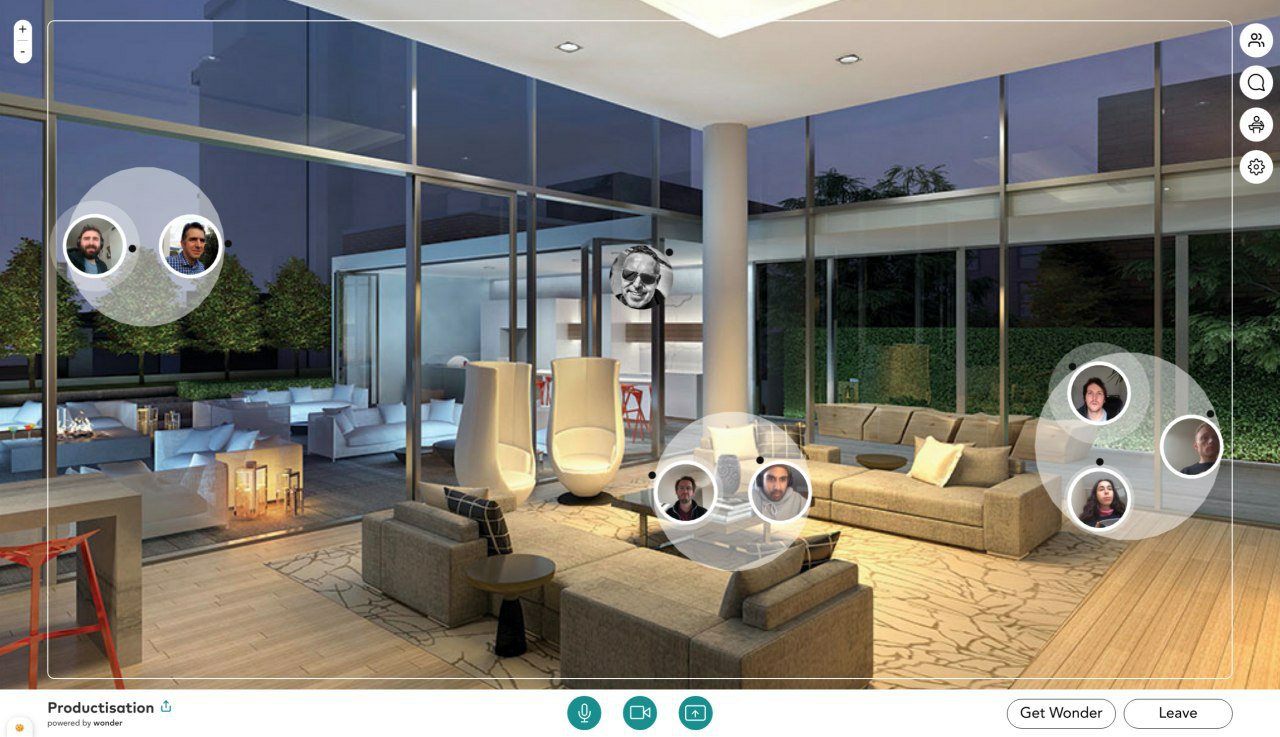At the moment I’m working two days for Outlandish, a fellow member of CoTech. They’re big believers in, and practitioners of, Sociocracy.
When I wrote about Sociocracy in a previous post I neglected to use the word ‘consent’, but I’ve come to realise (partly through reading Many Voices One Song) just how fundamental it is to a harmonious workplace culture.
Consent is the default decision-making method in sociocracy.
[…]
By consent, a group can decide to do anything. We often jokingly say, you want a dictator for your organization? We can decide that by consent. (We recommend that the dictator role have a term end, however!) Groups can decide by consent to vote. Groups decide what their governance system looks like at all times. The only thing one cannot do is ignore reasoned objections.
Ted J. Rau & Jerry Koch-Gonzalez, Many Voices One Song, p.25-26
Many of the problems I’ve encountered in my career have been directly related the abuses of power that come with the ‘default operating system’ of hierarchy thoughtlessly adopted by most organisations.
Rather than the politics of the playground, Sociocracy is an grown-up approach to organisational power-sharing based on consent.
The assumption of sociocracy is that sharing power requires a plan. Power is everywhere all the time, and it does not appear or disappear – someone will be holding it. We have to be intentional about how we want to distribute it. Power is like water: it will go somewhere and it tends to accumulate in clusters: the more power a group has, the more resources they will have to aggregate more power. The only way to counterbalance the concentration of power is intentionality and thoughtful implementation.
Ted J. Rau & Jerry Koch-Gonzalez, Many Voices One Song, p.17
The authors recognise the limits of the water metaphor, but continue with it to help make their point:
One can think of a sociocratic organization as a complicated irrigation system, empowering each team to have the agency and resources they need to flourish and contribute toward the organization’s mission. We avoid large clusters of power, and we make sure there is flow. Water that is allowed to flow will stay fresh and will reach all the places in the garden, nourishing each plant to flourish. Sociocratic organizations nourish and empower each team to have the agency to flourish and contribute toward the organization’s mission.
Ted J. Rau & Jerry Koch-Gonzalez, Many Voices One Song, p.17
Consent is a great place to start without having to commit to overhauling your entire organisation overnight. It will improve decision-making and make your workplace environment more harmonious. You can simple as using the following structure in your next meeting:
- Someone makes a proposal
- Whoever’s chairing/facilitating the meeting gasks for any clarifying questions (which are then answered by the proposer)
- The facilitator asks for a show of thumbs (up, down, sideways). If it’s all thumbs up, the proposal is passed, if not…
- Participants are asked by the facilitator for ‘critical concerns’ (i.e. not just preferences). These are noted down.
- The group address the critical concerns by trying to find a way that the proposal would be agreeable.
- A new proposal is made (and the process is repeated through several ’rounds’) until the proposal is accepted, or you run out of time to discuss it.
I will, of course, have simultaneously over-simplified this and made it sound more complex than it is in practice. For that, I apologise. However, it’s definitely worth thinking about consent within the context of your team and organisation.
I’m helping Outlandish with the productisation of their offerings around Sociocracy at the moment, so am probably biased, but you might want to check out their upcoming workshops to find out more if any of this interests you
This post is Day 29 of my #100DaysToOffload challenge. Want to get involved? Find out more at 100daystooffload.com


![Videos for #openbadges workshops [RESOURCES]](https://dougbelshaw.com/blog/wp-content/uploads/2013/01/badges-header-600x270.png)